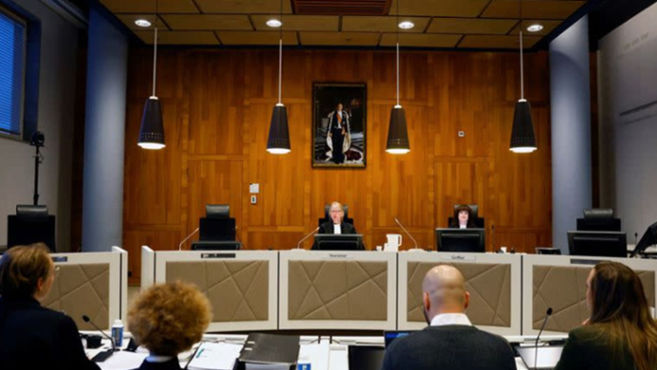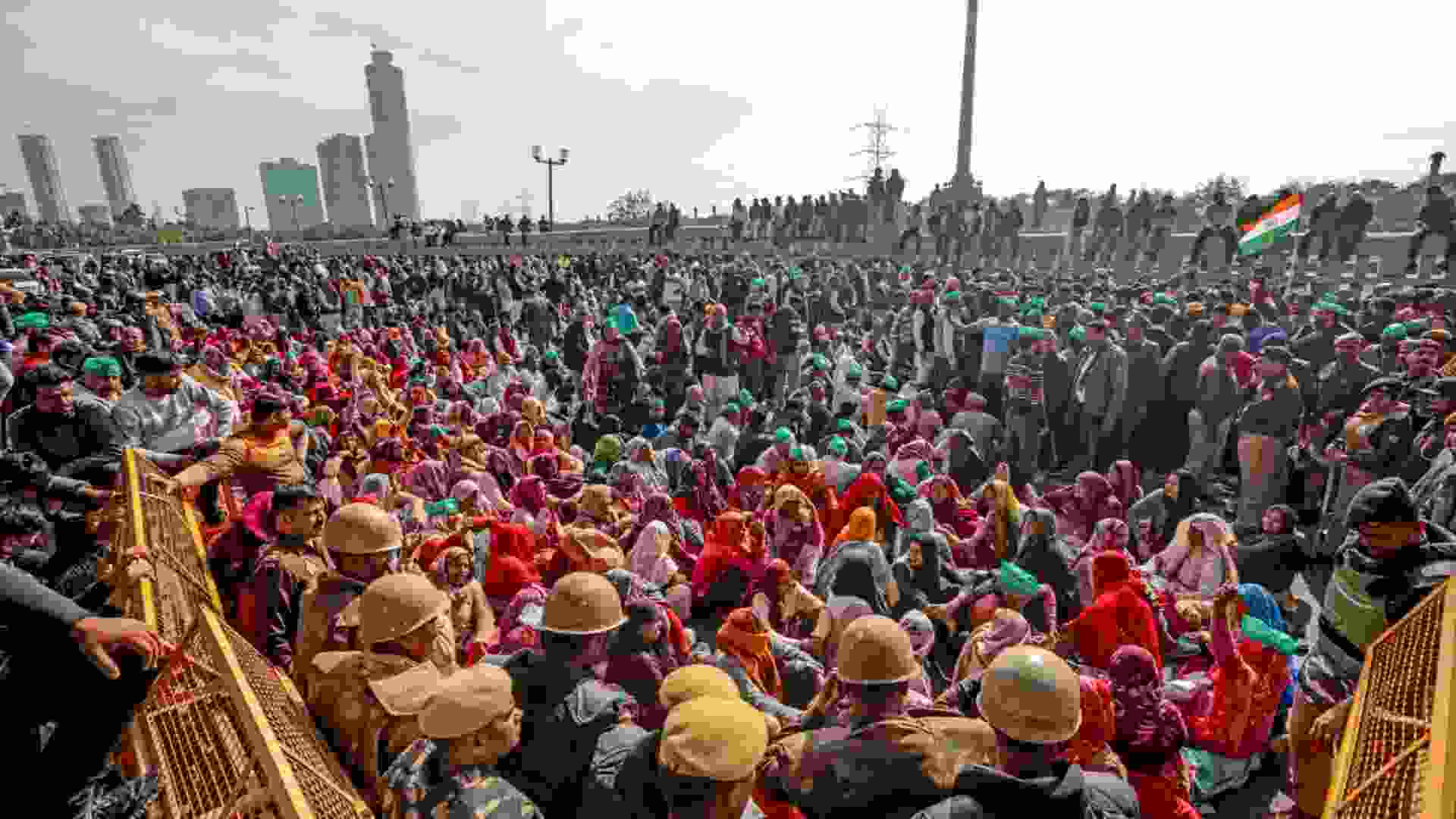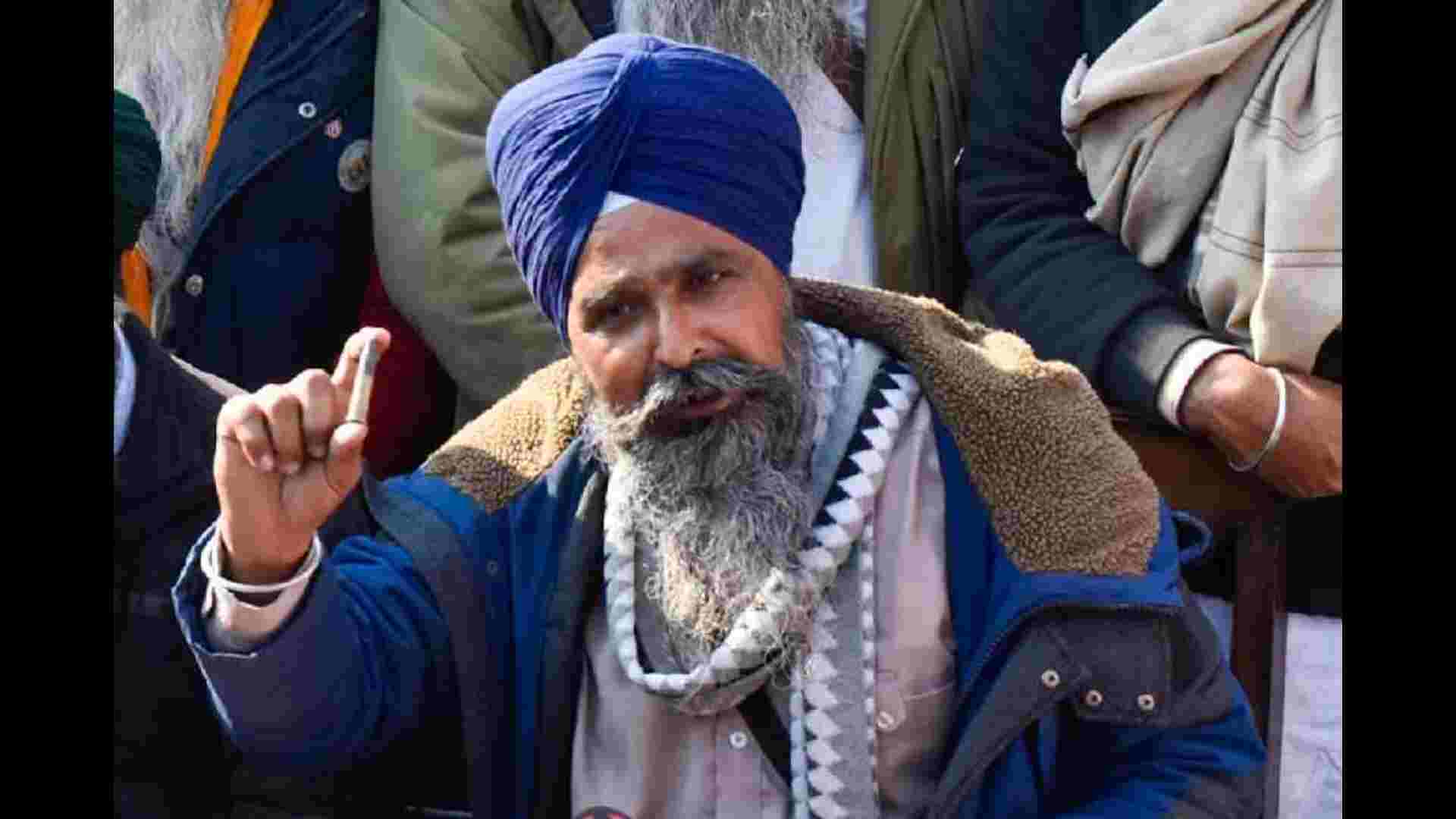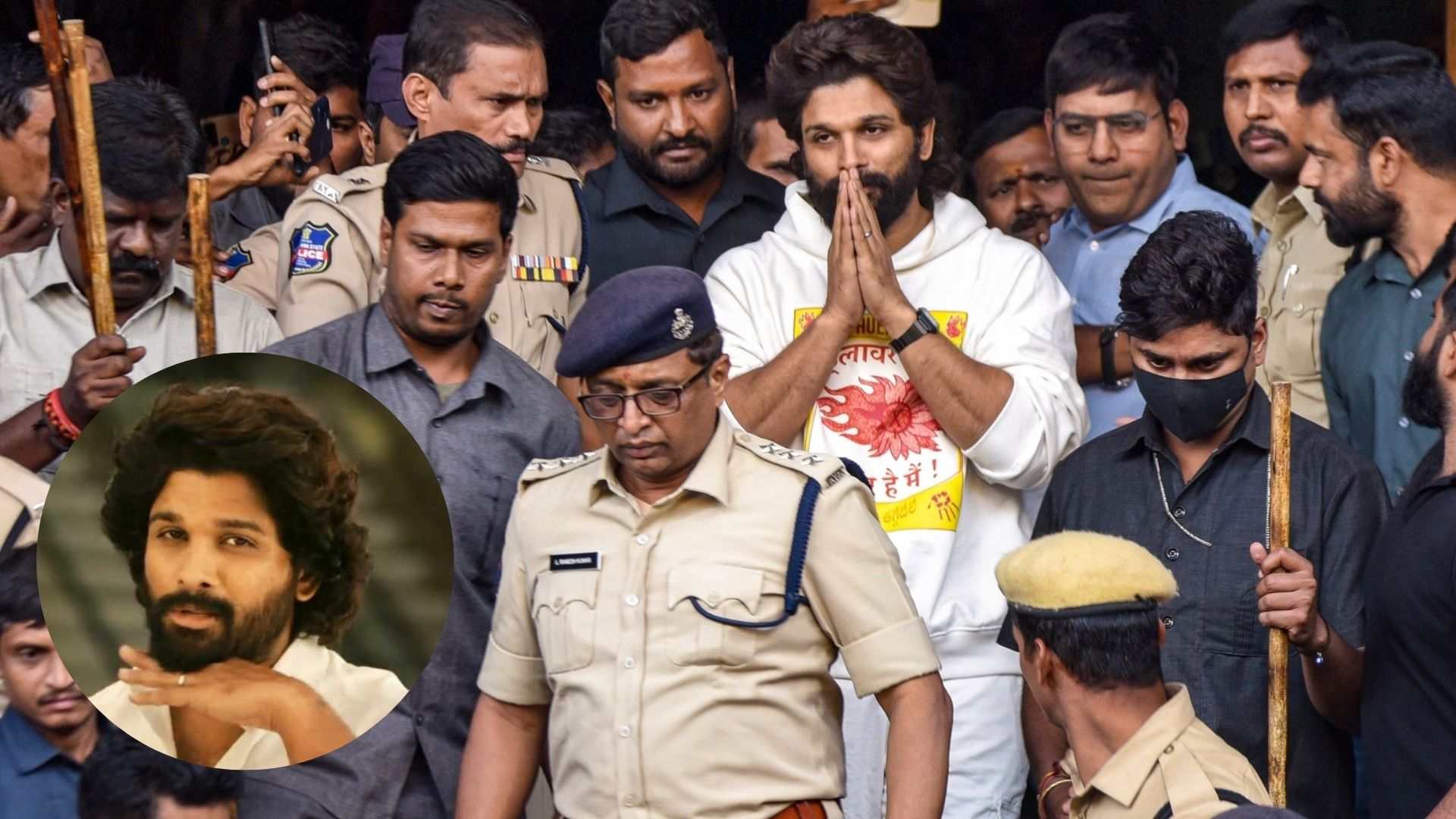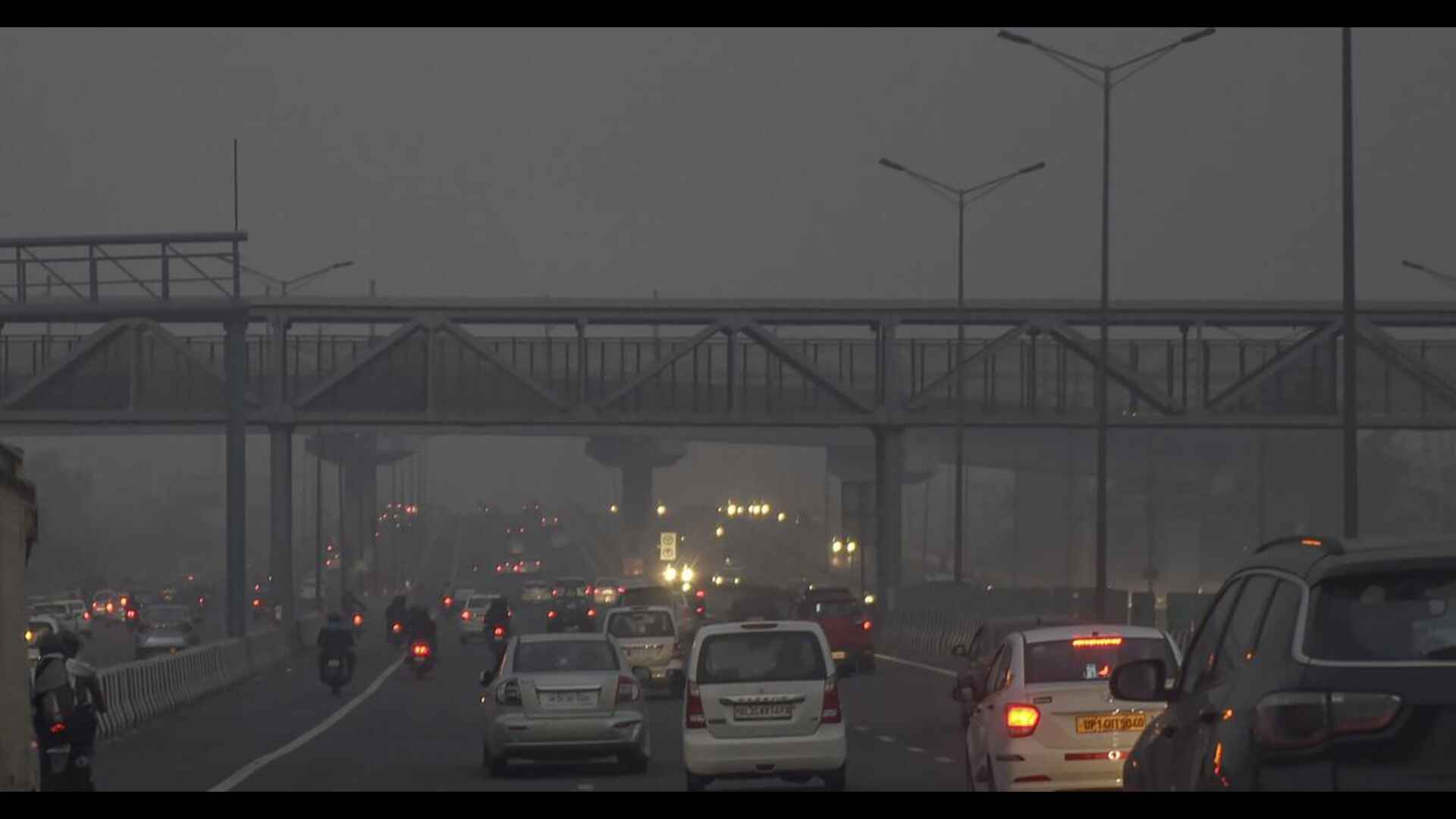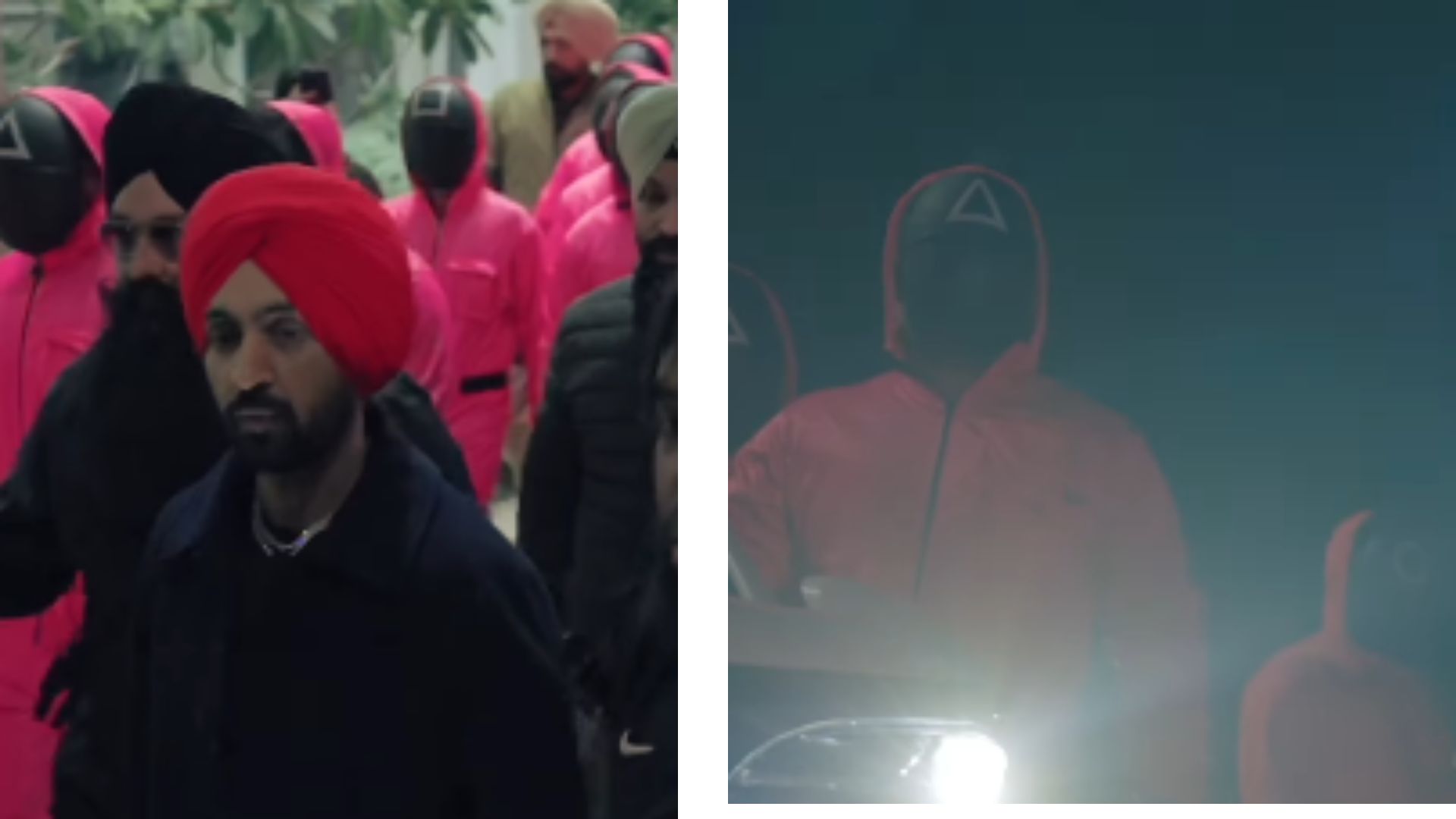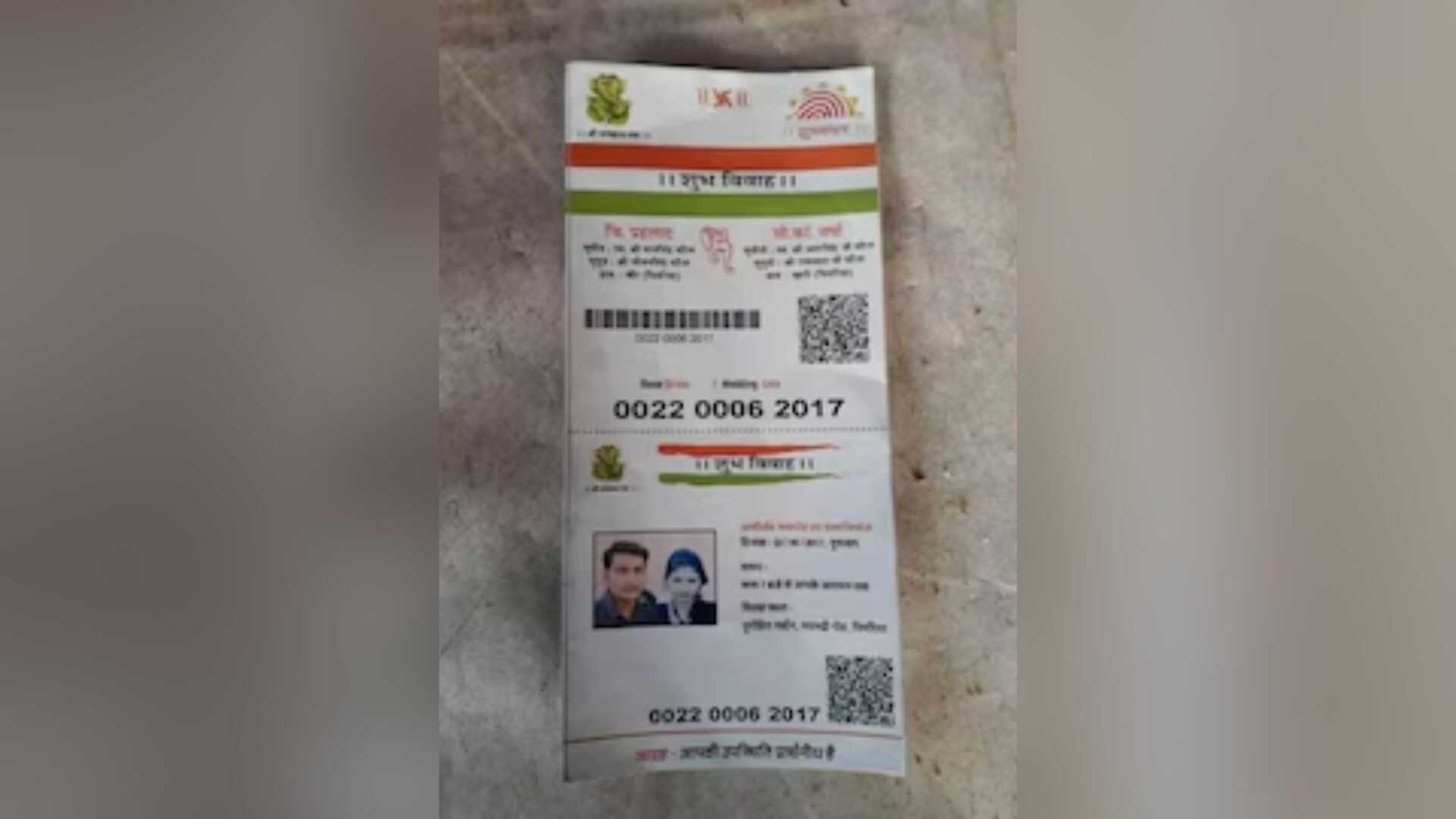A Dutch court rejected a request from 10 pro-Palestinian NGOs to stop weapon exports to Israel. The court explained that the government has some discretion in its policies. It also stated that judicial intervention should not happen quickly, according to reports.
Court’s Decision
The Hague Court declared:
“The interim relief court finds that there is no reason to impose a total ban on the export of military and dual-use goods on the state. All claims are dismissed.”
This decision followed arguments by the NGOs that the Dutch government must prevent genocide. As signatories to the 1948 Genocide Convention, they claimed the government had a legal duty. Additionally, they accused Israel of using Dutch weapons in attacks that caused high civilian casualties in Gaza.
NGOs’ Arguments
The NGOs’ lawyer, Wout Albers, stressed:
“Israel is guilty of genocide and apartheid and is using Dutch weapons to wage war.”
Furthermore, the NGOs referred to a January order by the International Court of Justice (ICJ). The order urged Israel to prevent acts of genocide in Gaza.
Criticism of the Verdict
Nevertheless, the NGOs strongly criticized the ruling. Shawan Jabarin, director of Al-Haq, called it a serious injustice:
“The Netherlands has abandoned the most basic rules of international law, to prevent colonisation, annexation, apartheid and genocide,” he said.
Recent Events in Gaza
Meanwhile, an Israeli airstrike hit a residential building in Gaza’s Nuseirat refugee camp on Thursday. The attack killed at least 40 Palestinians and injured dozens, according to Al Jazeera.
ICC Developments
In addition, the International Criminal Court (ICC) recently issued arrest warrants for Israeli Prime Minister Benjamin Netanyahu, former Defence Minister Yoav Gallant, and Hamas’s military chief Mohammed Deif. The ICC accused them of crimes against humanity. It alleged they used “starvation as a method of warfare” by blocking aid and targeting civilians.
Death Toll
According to Gaza’s health ministry, Israeli offensives have killed over 44,805 people in Gaza since October last year.
Overall, the court’s ruling and ongoing conflict have fueled criticism. These events also highlight concerns about accountability and justice in international law.


